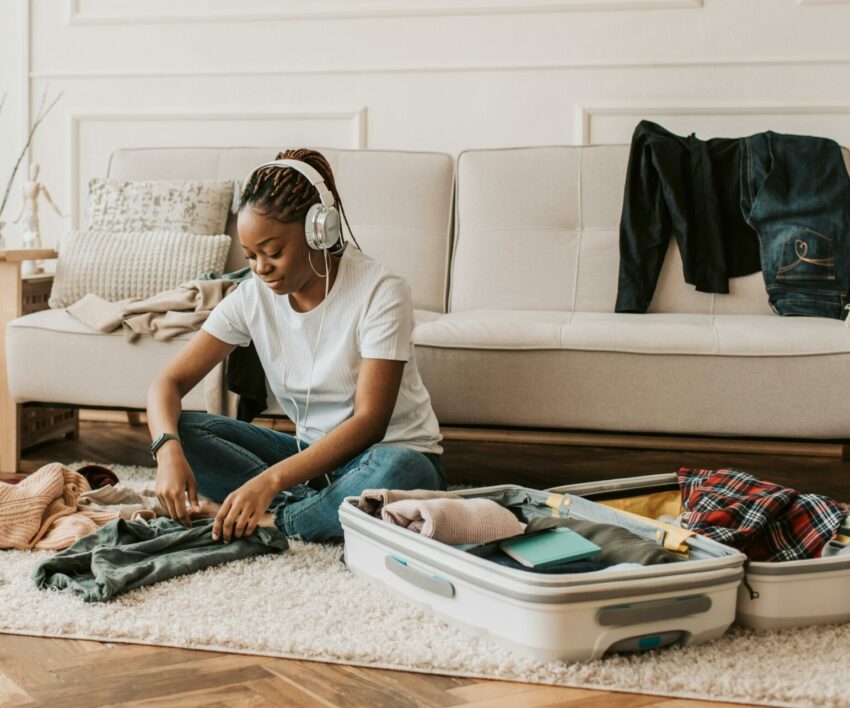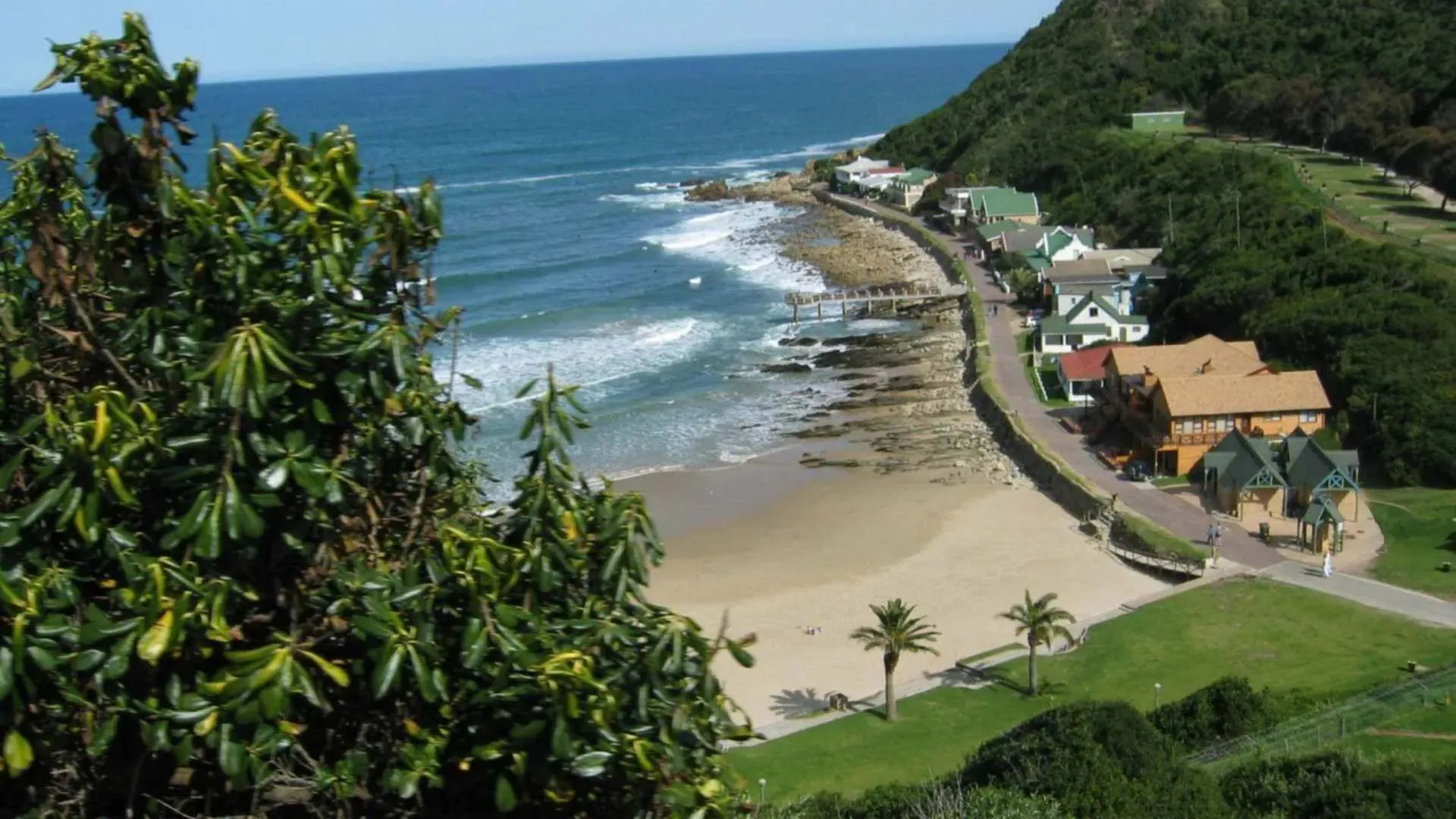packing: picture: pexels
Travel tips are everywhere, promising to save you time, money, and stress. But not all hacks are created equal. While some genuinely improve your travel experience, others can leave you frustrated—or worse, out of pocket.
If you’re planning to streamline your next trip, here’s a reality check on the so-called “travel hacks” you might want to skip.
1. Booking flights at midnight for “the best deals”
There’s a persistent myth that flights are cheapest when booked in the early hours of the morning. While this might hold true in some international markets, it’s less relevant for South African airlines and booking platforms. Flight prices depend on demand, route popularity, and seasonal trends—not the time of day. Instead, plan ahead, use fare comparison sites like Travelstart, and set up price alerts to score the best deals.
2. Using a VPN to unlock lower airfare prices
The idea is tempting: change your virtual location to book flights at “local” rates in other countries. However, South Africans often find this hack more trouble than it’s worth. While it may work in markets with vast airfare differences, you’ll likely face issues with payment methods, exchange rates, or verification processes when booking from South Africa. The small savings usually don’t justify the hassle.
3. Rolling your clothes to save luggage space
Rolling clothes is often touted as the ultimate packing hack, but South Africans flying domestically or regionally might not benefit as much. Budget airlines like FlySafair and Kulula have strict weight limits for hand luggage—usually capped at 7kg. Rolling clothes can bulk up your bag, making it harder to fit into weight limits. Stick to folding or packing cubes for a more efficient (and lighter) approach.
4. Skipping travel insurance to “save money”
Travel insurance might feel like an unnecessary expense, especially for short trips, but skipping it can cost you dearly. From unexpected medical emergencies to lost luggage, the risk is too high to go without it. Many South Africans travelling to nearby destinations like Mauritius or Namibia mistakenly think their credit card travel benefits are enough—double-check the fine print before you rely on it.
5. Exchanging currency at airports for “convenience”
It’s tempting to exchange your rands for dollars, euros, or dirhams at the airport because it feels quick and easy. However, South African travellers pay a premium for this convenience through poor exchange rates and hefty fees. Instead, use your bank card to withdraw cash at ATMs abroad or load your funds onto a multi-currency travel card like those offered by FNB or Bidvest Bank.
6. Booking budget accommodation far from tourist areas
Staying far from the action might seem like a great way to save, but for South Africans, this hack can backfire. Transport costs quickly add up, especially if you’re relying on taxis or ridesharing apps like Bolt or Uber in cities where public transport isn’t great. Choose centrally located accommodation or places near affordable public transport to save both money and time.
7. Waiting for last-minute deals on hotels
The gamble of waiting for last-minute hotel discounts rarely pays off for South Africans travelling during peak holiday seasons like December or long weekends. Accommodation options are often limited, and you’ll end up paying more for lower-quality rooms—or worse, struggle to find availability altogether. Book early to lock in fair prices and secure your spot at your preferred destination.
8. Overpacking to “avoid buying things abroad”
Many travellers overpack, thinking they’ll save money by bringing every possible item they might need. However, excess baggage fees with airlines like Airlink or SAA can add up fast. Stick to essentials and trust that basic items—like toiletries or clothing layers—can be purchased abroad if needed. Bonus: packing light also makes navigating airports and public transport easier.
9. Relying only on free Wi-Fi
Free Wi-Fi is a travel perk that South Africans love, but relying solely on it for navigation, communication, or online bookings is risky. Coverage is often spotty, and you could waste precious travel time hunting for hotspots. Invest in an international roaming package from providers like Vodacom or MTN, or buy a local SIM card at your destination.
10. DIYing everything to save money
Planning every single detail yourself—from flights and transport to activities—might seem like a cost-effective approach. However, South African travellers visiting unfamiliar destinations can benefit from the expertise of a travel agent or packaged tours. They often have access to discounts and insider knowledge that outweigh the small savings of doing it all on your own.
�
Compiled by: Jade McGee
First published by Woman&home














